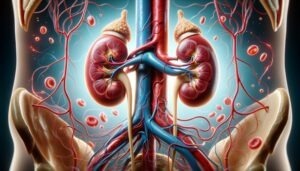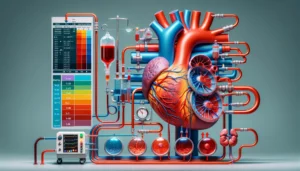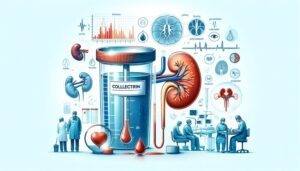
Outcomes of Prophylactic Peritoneal Dialysis Catheter Insertion in Children Undergoing Cardiac Surgery: A Systematic Review and Meta-Analysis
This systematic review and meta-analysis evaluated the association between prophylactic peritoneal dialysis (PD) catheter insertion during pediatric cardiac surgery and improved short-term outcomes. Analyzing seventeen studies, including four randomized controlled trials, the study found no significant link between prophylactic PD catheter insertion and reduced in-hospital mortality. Results for ICU stay length and time to achieve negative fluid balance were inconclusive, with some studies indicating benefits and others showing no difference. The analysis highlights the need for further research on short-term outcomes and fluid overload markers in this context, acknowledging the high risk of bias in the included studies.









